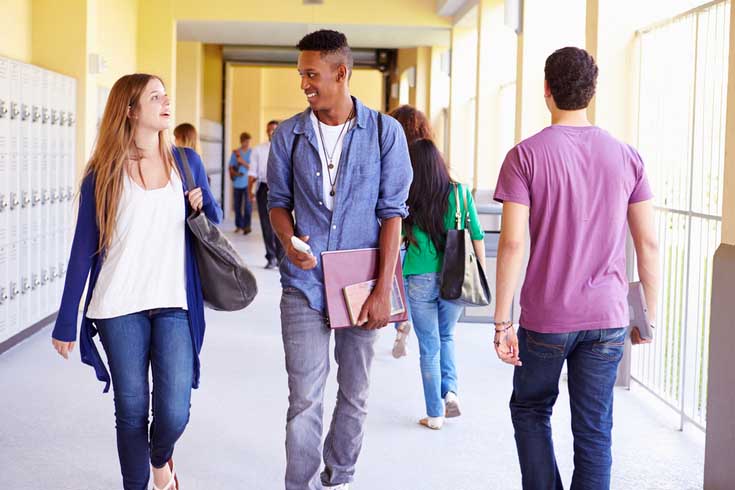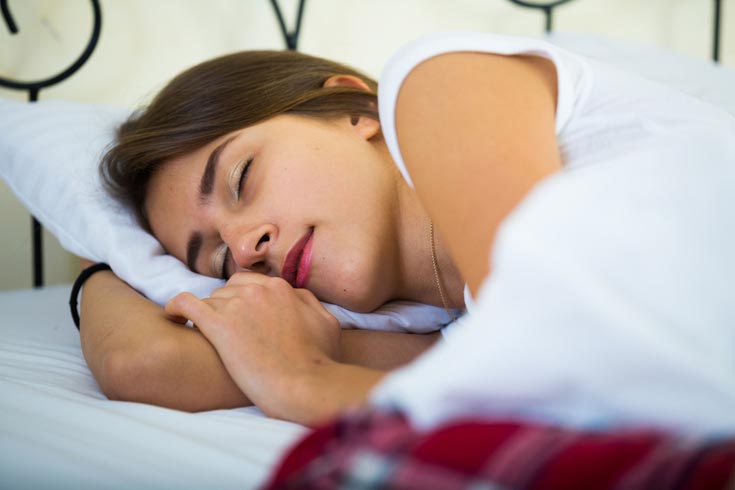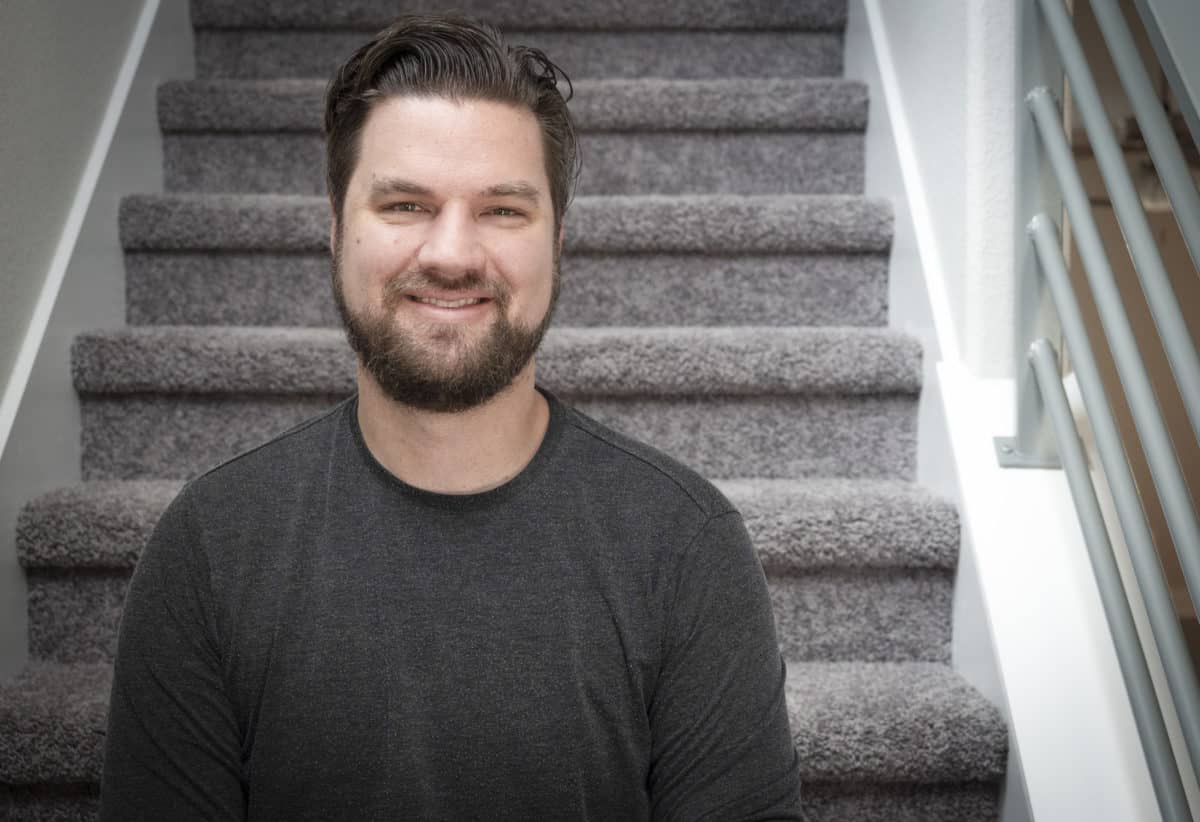It’s difficult to learn when falling asleep at one’s desk. But one Washington school district might have found a way to keep students’ eyes open and improve their grades.
The Seattle Public School District pushed back school start times at all 18 high schools by almost an hour. Researchers at the University of Washington and the Salk Institute for Biological Studies then compared students’ sleep quality and academic performance before and after the schedule change.
The study found that, with a delayed start time, students slept over half-an-hour more per night on average and scored almost five percent higher on tests and other projects. Additionally, students at the more economically disadvantaged school showed an increase in punctuality and attendance.
We spoke with Horacio de la Iglesia, PhD, a professor of Biology at the University of Washington and co-author of the study. He told us, “This is the first study that has been done in a district that has gone through this change in a pre/post manner.”

Monkey Business Images/Shutterstock
Ensuring Teens Get Enough Sleep
According to the American Academy of Sleep Medicine (AASM), it is recommended that teenagers get between eight and 10 hours of sleep per night. But according to a 2015 CDC study, a whopping 73% of high school students aren’t getting those hours (per data from 30 states).
To ensure students get the proper amount of sleep, the AASM also suggests that middle and high schools should not start before 8:30 am.
During this new study, which was published in the journal Science Advances, researchers had the unique opportunity to see how start times affect students’ sleep and performance in the classroom.
“As soon as we learned the Seattle School District would delay the start time we saw this as a unique (a “dream” opportunity for a sleep lab) opportunity to do a pre/post study,” de la Iglesia told Mattress Clarity,
In 2016, before the later schedule came into effect, de la Iglesia and his colleagues measured the sleep quality of 92 high school students. The students attended Franklin High School or Roosevelt High School and wore wrist activity devices to measure their sleep/wake cycles. They also filled out sleep journals detailing their subjective sleep quality.
The researchers then compared this data to that of 88 sophomore biology students in 2017, seven months after the schedule shift. Again, students from Franklin and Roosevelt High School comprised the sample.

Iakov Filiminov/Shutterstock
The Effects Of School Start Times On Student Performance
Compared to the 2016 group, the 2017 students slept, on average, 34 more minutes a night.
“Thirty-four minutes is very significant,” de la Iglesia said. “If your readers don’t think so, I challenge them to sleep 34 minutes less every day for two weeks, and then tell me how they feel at the end of the two weeks.”
In addition, the median grade for students at both schools rose 4.5 percent.
While the results were quite similar at both schools, there was one major difference. The students at Franklin, an economically disadvantaged high school, showed a strong increase in punctuality and attendance. The researchers saw no such increase at Roosevelt, which is located in a more affluent neighborhood.
Per de la Iglesia, the researchers believe this specific result might suggest that later start times could also “decrease the learning gap between low and high socioeconomic groups.”
While this is not the first study to tackle the subject of school start times and sleep, de la Iglesia says, “This is the first time that a clear increase in grades is reported after a school start time delay.”
Still, he explains that a direct connection between start times and grades cannot be established without further research. “We need to continue monitoring their sleep to determine if after several years, sleep does not default back to short sleep,” de la Iglesia says. “We also need to keep investigating why teens are not getting the nine hours of sleep they need.”
[Editor’s Note: The content provided on this site is for general informational purposes only. Any information provided is not a substitute for professional medical advice. We encourage individuals to consult with the appropriate health expert if they have concerns.]
Featured image: LStockStudio/Shutterstock

